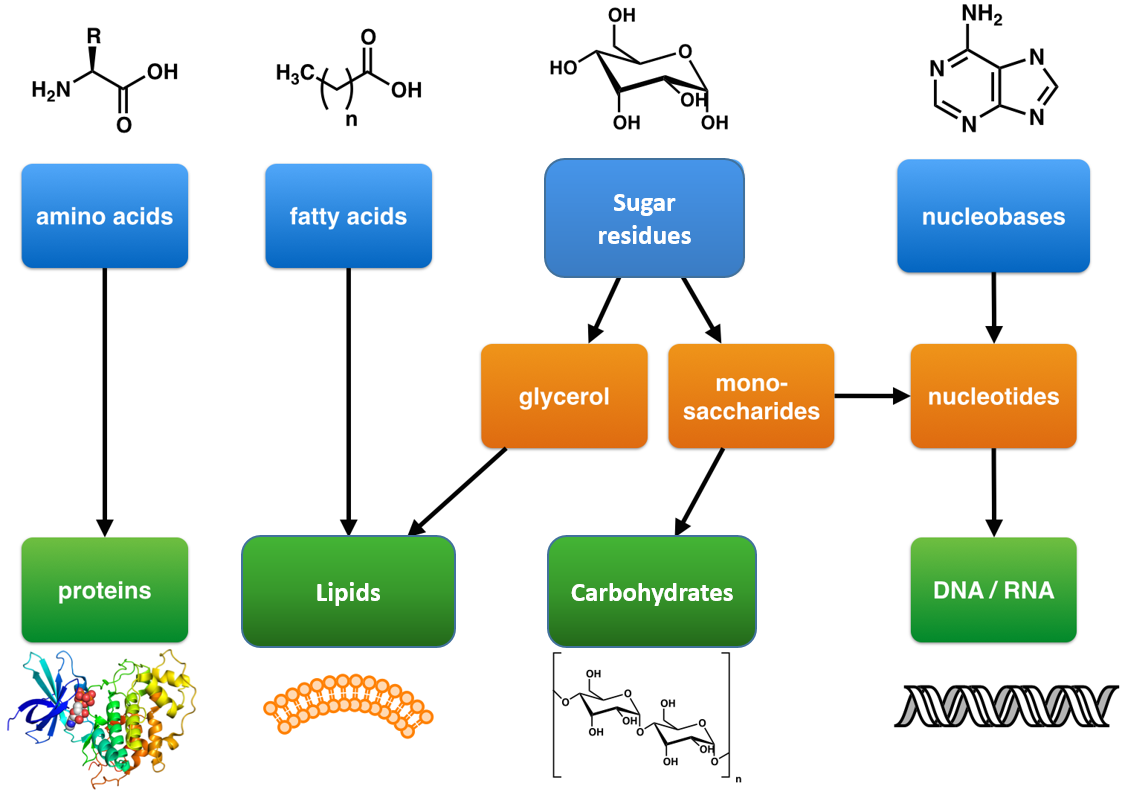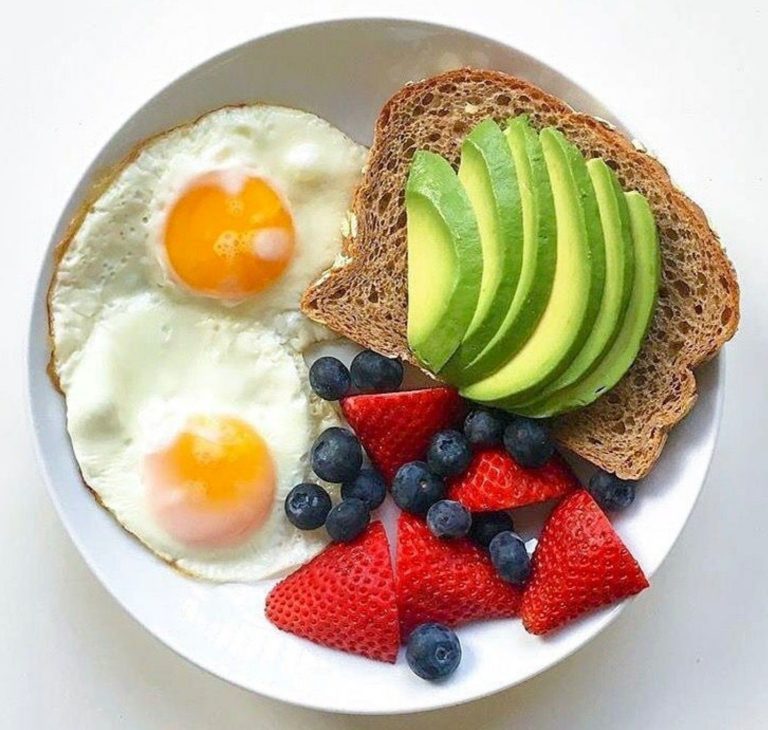Proteins are essential macromolecules that are involved in various biological processes. They are often referred to as the “building blocks of life” due to their crucial role in the structure and function of cells.
What are Proteins?
Proteins are large molecules made up of amino acids. They are present in every living cell and are responsible for performing a wide range of functions in the body. There are thousands of different proteins, each with its own unique structure and function.
Structure of Proteins
Proteins have a complex three-dimensional structure that is crucial for their function. They are composed of long chains of amino acids that are linked together by peptide bonds. The sequence of amino acids determines the protein’s primary structure.
The primary structure of a protein folds and twists into a secondary structure, which may include alpha helices and beta sheets. These secondary structures then fold further to form a tertiary structure. Finally, multiple proteins can come together to form a quaternary structure.
Functions of Proteins
Proteins play a vital role in almost every biological process. Some of their key functions include:
Enzymes: Proteins act as catalysts, speeding up biochemical reactions in the body.
Structural Support: Proteins provide structural support to cells and tissues. For example, collagen is a protein that gives strength and flexibility to connective tissues.
Transportation: Proteins are involved in the transport of molecules across cell membranes and within the bloodstream. For instance, hemoglobin is a protein responsible for carrying oxygen in red blood cells.
Hormones: Proteins serve as chemical messengers, regulating various physiological processes. Insulin, for example, is a protein hormone that helps control blood sugar levels.
Immune Response: Proteins are an integral part of the immune system and play a crucial role in defending the body against pathogens.
Sources of Protein
Protein can be obtained from both animal and plant sources. Animal-based sources include meat, poultry, fish, eggs, and dairy products. Plant-based sources include legumes, nuts, seeds, and certain grains like quinoa.
It’s important to consume a variety of protein sources to ensure you get all the essential amino acids required by the body. These essential amino acids cannot be produced by the body and must be obtained through the diet.
Protein in a Balanced Diet
A balanced diet should include adequate amounts of protein to support various bodily functions. The recommended daily intake of protein varies based on factors such as age, sex, and activity level.
For the average adult, it is recommended to consume around 0.8 grams of protein per kilogram of body weight. Athletes and individuals engaged in intense physical activity may require higher protein intake to support muscle repair and growth.
Conclusion
Proteins are the building blocks of life, playing a crucial role in the structure and function of cells. From enzymes to structural support, transportation, and immune response, proteins are involved in numerous biological processes. It’s essential to include protein-rich foods in a balanced diet to maintain overall health and well-being.






